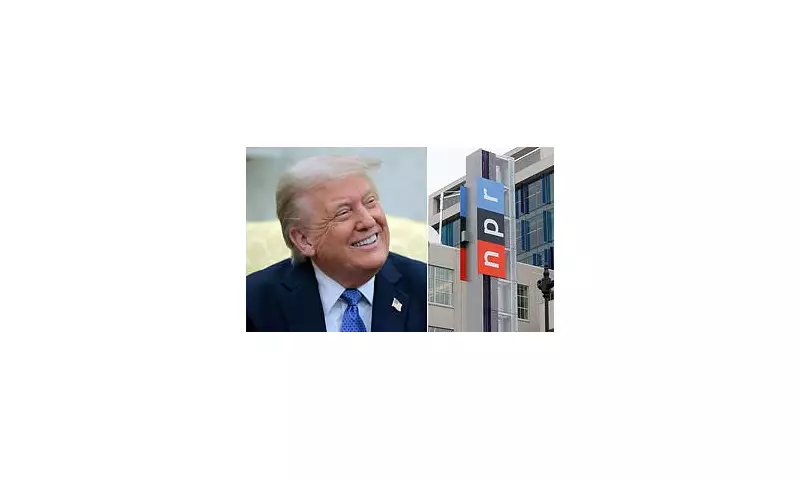
Former US President Donald Trump has scored a major political victory after $9.4 billion in federal spending cuts were approved, significantly reducing funding for National Public Radio (NPR) and the Public Broadcasting Service (PBS).
The controversial cuts, inspired by a push for fiscal conservatism, have drawn sharp criticism from progressive groups who argue the move undermines public media and educational programming.
Radical Cuts Target Public Broadcasting
The budget slashes represent one of the most aggressive reductions in public media funding in recent history. Analysts suggest the move aligns with Trump's longstanding criticism of what he calls "biased" mainstream media outlets.
Supporters of the cuts argue they represent necessary fiscal responsibility, while opponents warn of devastating consequences for rural communities that rely on public broadcasting for news and information.
Political Fallout Expected
The decision is likely to reignite debates about media independence and government funding of journalism. Political observers predict fierce opposition from Democratic lawmakers when Congress reconvenes.
Meanwhile, Trump allies are celebrating the move as a fulfillment of campaign promises to reduce government spending and challenge perceived media bias.
The long-term impact on public broadcasting remains uncertain, with some stations reportedly considering alternative funding models to survive the budget reductions.





